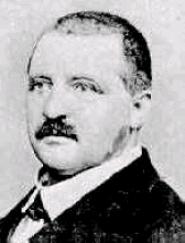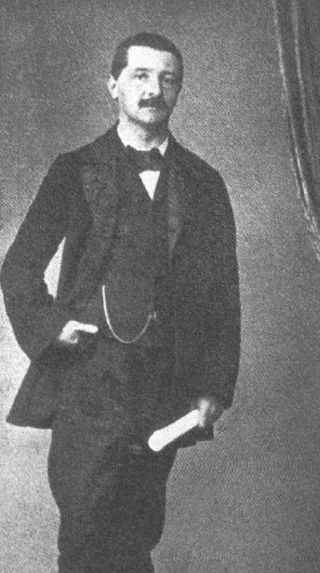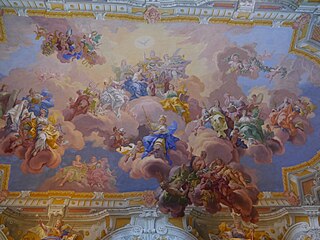Compositions

Only five pieces and two sketches are indubitably autograph compositions: [4]
- Nachspiel in D minor, WAB 126/1 - a postlude composed in c. 1846. The manuscript with this and the following work is stored in the archive of the St. Florian Abbey – Gesamtausgabe, Band XII/6, No. 1 [1] [2]
- Andante in D minor, WAB 126/2 - a prelude composed also in c. 1846 – Gesamtausgabe, Band XII/6, No. 2 [1] [2]
- Vorspiel und Fuge in C minor, WAB 131 - a prelude and fugue composed on 15 March 1847. The incomplete manuscript, which is stored in the archive of the Seitenstetten Abbey, was first published in Band II/2, pp. 78–82 of the Göllerich/Auer biography. The incomplete score was completed by Franz Philipp in 1929 – Gesamtausgabe, Band XII/6 No. 3 [2] [5]
- Fuge in D minor, WAB 125 - a fugue composed by Bruckner on 7 November 1861 for an examination, which he wanted to have in Vienna on 19 November 1861. The sketch is stored in the Österreichische Nationalbibliothek . The final score is found in the Sechter-Studienbuch (library of the Diocese of Münster). [6] – Gesamtausgabe, Band XII/6, No. 4. [5] [7]
- Präludium (Perger Präludium) in C major, WAB 129 - a prelude composed in 1884. A sketch is stored in the archive of the Kremsmünster Abbey. The final score, which was given to Bruckner's pupil Otto Loidol, is put in the Gesamtausgabe, Band XII/6, No. 5. [5]
- Improvisationskizze Ischl 1890, WAB add 240 [8] - themes for improvisation sketched by Bruckner in July 1890 for organ playing during the wedding of Archduchess Marie Valerie of Austria with Archduke Franz Salvator in Bad Ischl on 30 July 1890. The sketch, which is stored in the Österreichische Nationalbibliothek, is put in the Gesamtausgabe, Band XII/9, No. 6. [5] The sketch combines two themes from the finale of Symphony No. 1, which Bruckner was reviewing at that time, the fugato from Händel's Hallelujah and the Kaiserhymne. [9]
In 1990 Erwin Horn made an improvisation based on the two themes from the finale of Symphony No. 1 as Improvisationskizze Bad Ischl and issued a score of his improvisation. This improvisation was later recorded again by Klaus Sonnleitner, [10] Siegfried Petri (2009) and Gerd Schaller (2015). [11]
In 2007 Horn made a second improvisation based on the four themes of the sketch as Kaiserliche Festmusik. [11] - Konzertskizze in C minor, WAB add 241 [12] - Three themes for an organ improvisation on 28 August 1884 in Kremsmünster. [13]
In addition:
- Adagio für Orgel (Adagio for organ) - a sketch in B major, which was found in 1953 in a catalog of the Musikautographen-Sammlung of Louis Koch. It is a first draft for the main theme of the Adagio of the Symphony No. 9 – Gesamtausgabe, Band XII/6, No. 7 [5] [14]
- Seven short organ preludes, WAB 127 & 128, written in c. 1835. [15] Doubts have been cast on their authenticity. They are presumably copies of compositions by Johan Baptist Weiß or other organists – Gesamtausgabe, Band XII/6, No. 8 (Addendum). [5] [16] [17]
- Präludienbuch, WAB add 334 [18] – a 58 pages manuscript with 159 short organ pieces, which are presumably transcriptions of works of other composers. Twenty-two of these pieces were issued by Louis Dité in his Vademecum für Organisten, Weinberger Verlag, 1947, and Festliche Präludien, Weinberger Verlag 1948.






